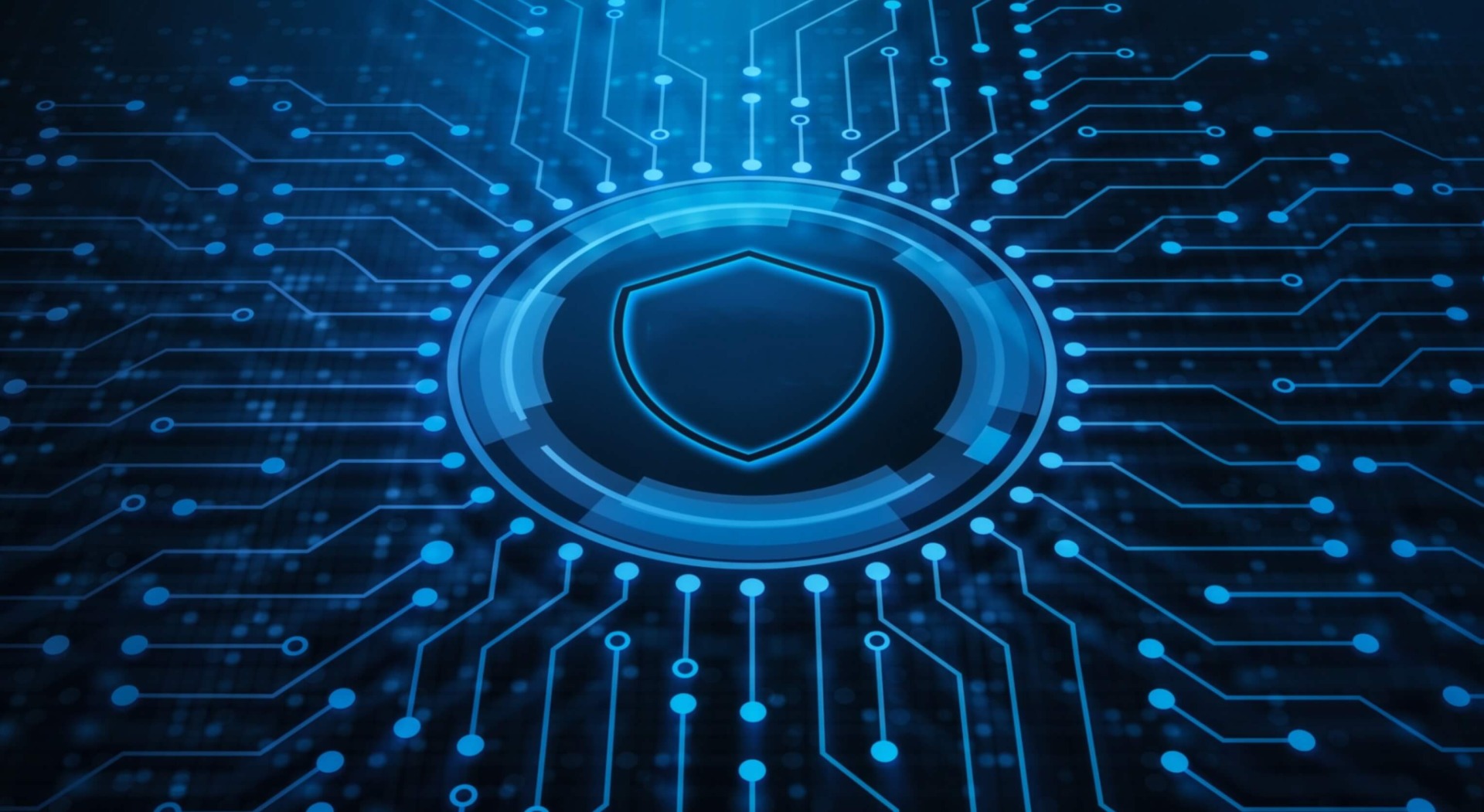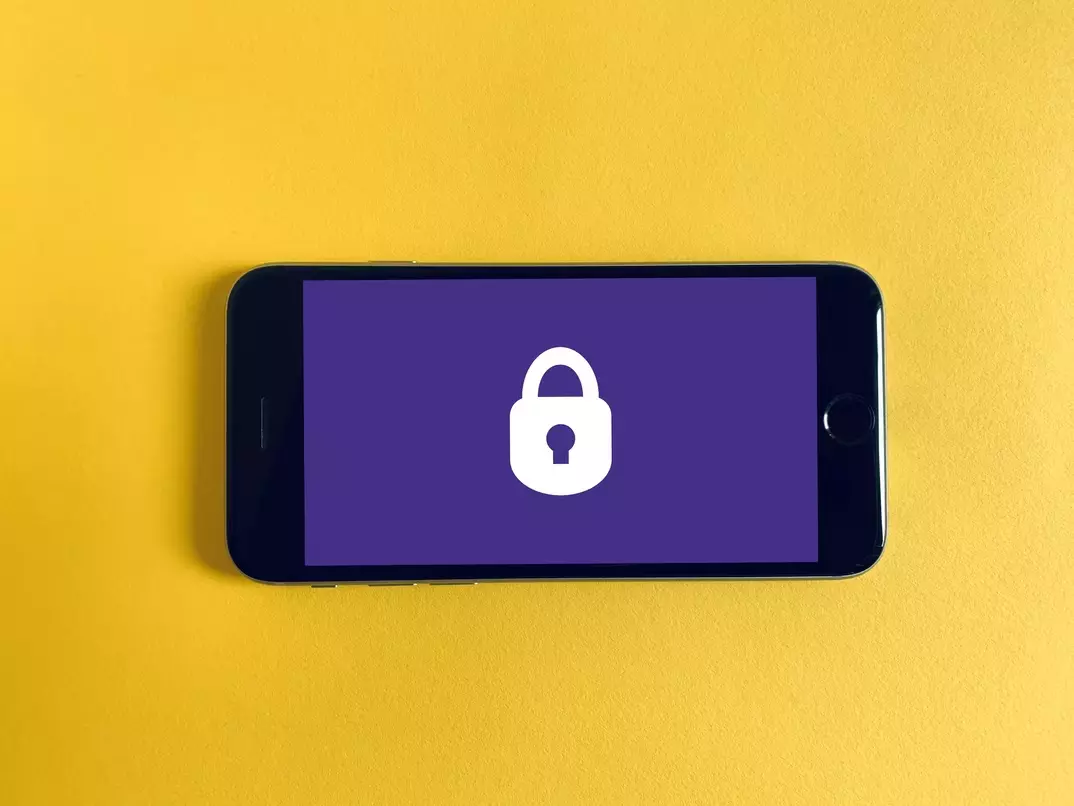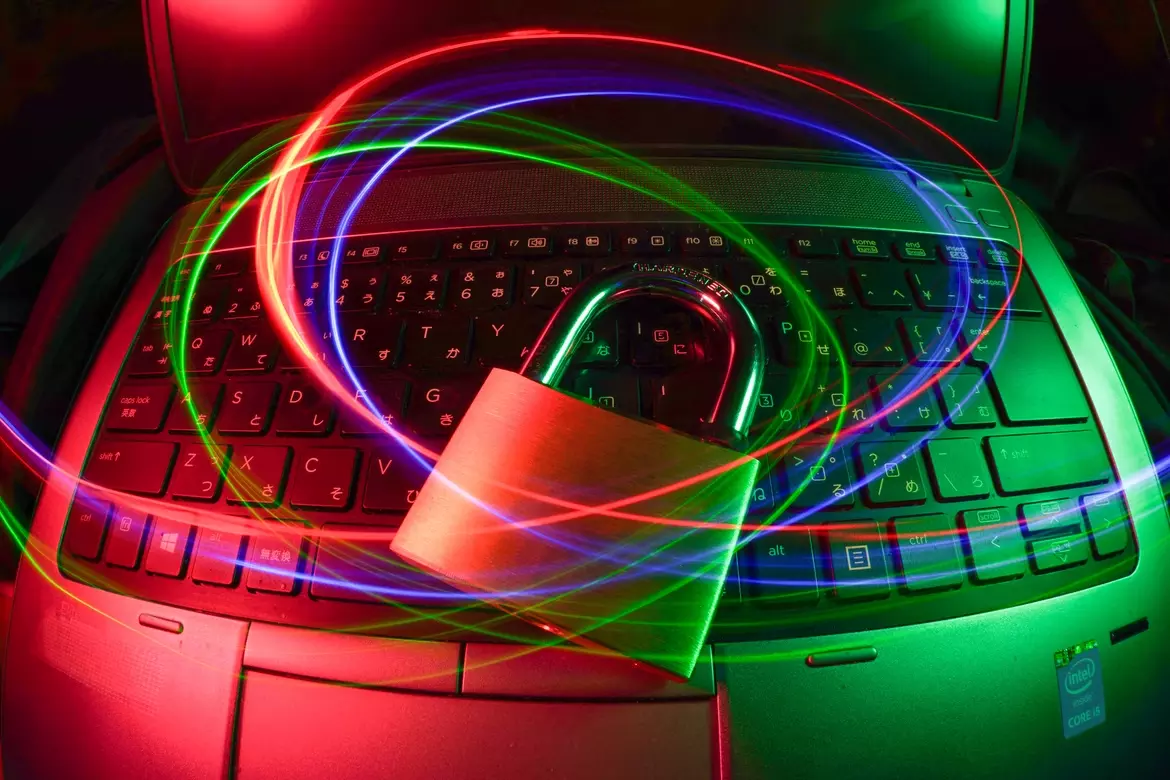Comments
- No comments found

The internet has made it possible for people to work from anywhere in the world.
This is a great perk for employees, but it can also be a security risk. If you are working with sensitive data, you need to take precautions to make sure that your information is safe. In this guide, we will discuss how to manage remote access securely. We will cover topics such as setting up a VPN, creating strong passwords, and encrypting your data. Follow these tips and you can rest assured that your information is safe no matter where you are!

If you are working with sensitive data, it is important to set up a VPN. This will encrypt your connection and prevent anyone from snooping on your traffic. There are many different VPN providers out there, so take some time to research the best option for you. Once you have chosen a provider, setting up the VPN is usually straightforward. Follow the instructions provided by your provider and you should be up and running in no time. For example, a provider like NordVPN will give you step-by-step instructions on how to set up their service on your device.
If you are not familiar with VPNs, this may seem like a daunting task. However, it is actually quite simple and only takes a few minutes to set up. A VPN is an essential tool for anyone who wants to keep their data safe, so it is worth taking the time to learn how to use one.
There are many different remote access software programs available. Some of these are more reliable and secure than others. When you are choosing a remote access program, make sure to research the options and choose one that will be best for your needs. According to the pros at RealVNC remote access software once you have chosen a remote access program, be sure to follow the instructions carefully. Make sure that you understand how the program works and take the time to set it up correctly. This is important because a poorly configured remote access program can be a security risk.
If you are not sure which remote access program to choose, ask your IT department for help. They should be able to recommend a product that will meet your needs.
When you are working remotely, it is important to create strong passwords. This will help to protect your account from being hacked. Make sure to use a combination of letters, numbers, and special characters in your password. Avoid using easily guessed words like “password” or your name. It is also a good idea to change your password on a regular basis. If you are having trouble coming up with a strong password, there are many online tools that can help.
Once you have chosen a secure password, be sure to keep it safe. Do not write it down or store it in an insecure location. The best way to keep your password safe is to memorize it.
Another important security measure is to encrypt your data. This means that if someone does manage to get their hands on your information, they will not be able to read it. There are many different ways to encrypt your data. Some remote access software programs have encryption built in. You can also use a separate program like TrueCrypt to encrypt your files. If you are not sure how to encrypt your data, ask your IT department for help. They should be able to point you in the right direction. Moreover, it is important to remember that even if your data is encrypted, you should still take other security precautions. This is because encryption is not foolproof and there are ways to decrypt it. Additionally, if you lose your encryption key, you will not be able to access your data.
One final security tip is to keep your software up to date. This includes your operating system, web browser, and any other programs you use. When a new update is released, it usually includes security fixes for known vulnerabilities. This means that if you are using an outdated version of a program, you may be at risk. Make sure to set your software to update automatically so that you will always be using the latest version. Additionally, it is a good idea to install security software like antivirus and antispyware on your computer. This will help to protect you from malware. For example, Bitdefender is an effective security program that can be used to protect your computer.
When you are working remotely, it is important to make sure that your credentials are locked down. This includes your user name and password. If someone gets their hands on your credentials, they will be able to access your account and possibly steal sensitive information. There are a few different ways to lock down your credentials. One way is to use two-factor authentication. This means that in addition to your password, you will also need a code from a physical token or an app on your phone. This makes it much harder for someone to hack into your account. Another way to protect your credentials is to use a password manager like LastPass or Dashlane. These programs encrypt and store your passwords so that only you can access them.

By following these tips, you can make sure that your data is safe when you are working remotely. Taking these precautions will help to protect your information from being accessed by unauthorized people. Remember, if you are ever in doubt about something, ask your IT department for help. They will be able to point you in the right direction. Hopefully, this guide has been helpful in showing you how to manage remote access securely. Thanks for reading!
Do you have any other tips for managing remote access securely? Share them in the comments below!
Leave your comments
Post comment as a guest